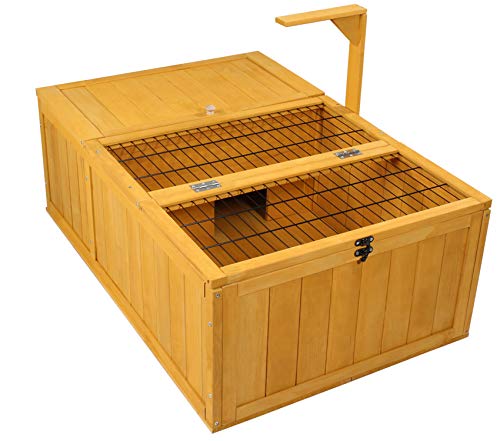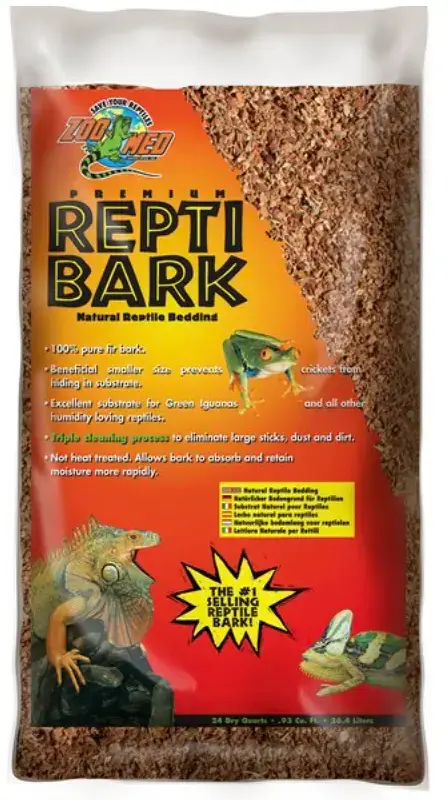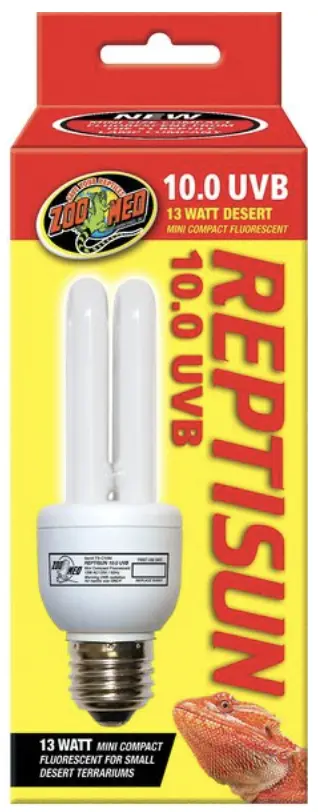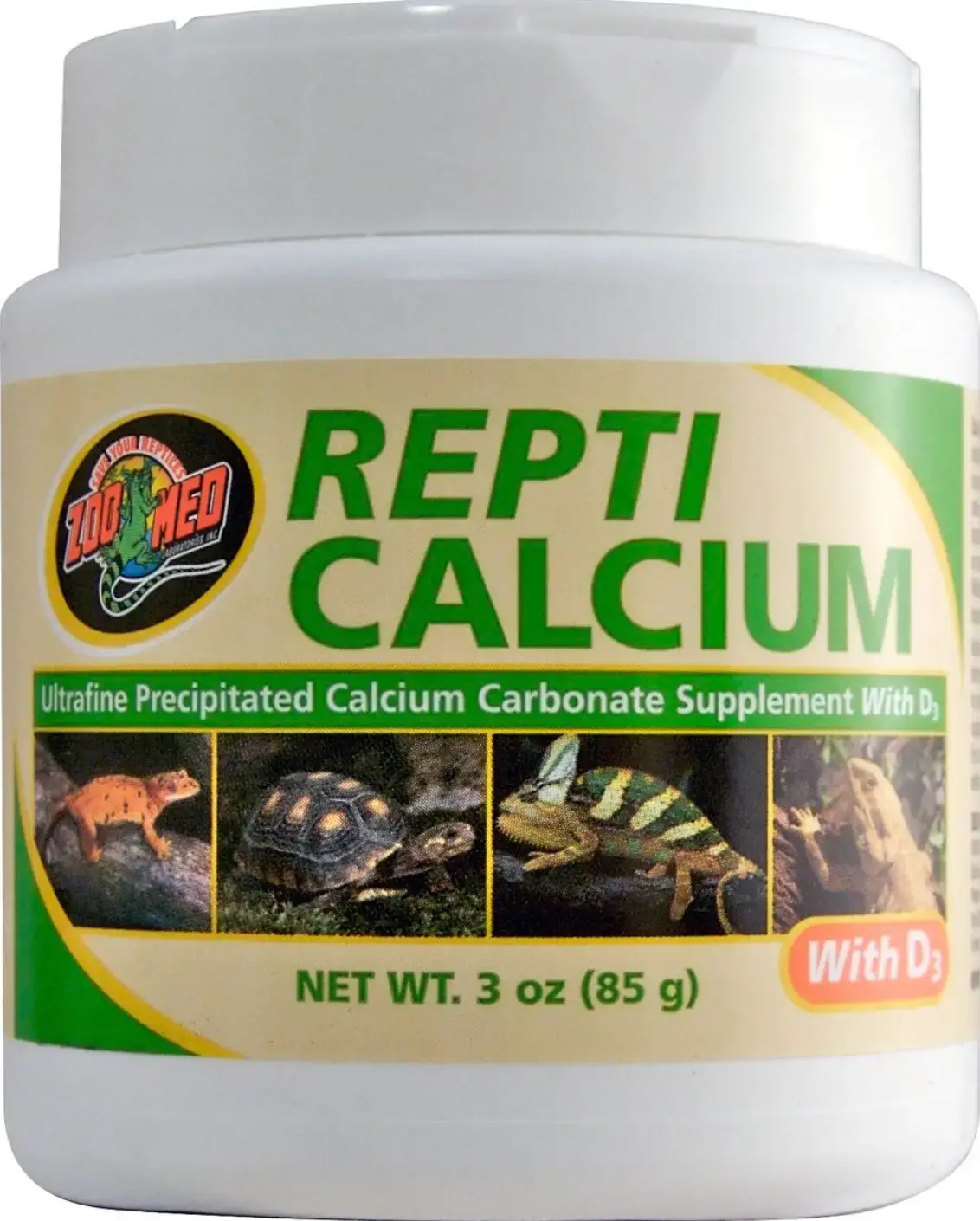This post contains affiliate links and I will be compensated if you make a purchase after clicking on my links.
If you are looking for a pet that will grow to a ripe old age alongside you, one that is quiet, and one that doesn’t necessarily need a lot of maintenance, then a Russian tortoise may be a perfect fit for you.
However, you may wonder how much they cost, including the initial setup fees.
On average, a Russian tortoise costs between $75 and $300. Expect to pay more for hatchlings (between $200 and $300). Females are also typically double the price of a male, starting at around $200. initial setup fees, including the enclosure, food, and accessories, will cost about $400 to $600.
The list below is a complete guide to everything you will need to buy before bringing home your pet!
| Product / Service | Initial Cost | Yearly Cost |
|---|---|---|
| Russian Tortoise Price | $75 – $300 | |
| Enclosure | $70 – $150 | |
| Lighting & Heating | $20 – $60 | |
| Dehumidifier | $50 | |
| Hide / Shelter | $5 – $10 | |
| Water Dish | $5 – $10 | |
| Food & Diet | $250 | $250 |
| Substrate | $10 – $50 | $10 – $50 |
| Electricity | $180 | |
| Vet Fees | $150 – $300 | |
| Total | $485 – $880 | $590 – $780 |
How Much Does a Russian Tortoise Cost?
The cost of a Russian tortoise will, on average, be between $75 and 300$.
Consider that various factors, including age, gender, appearance, size, and more, will influence the price dramatically.
Typically, the cost of Russian tortoises that are the most expensive will be the ones that are young (hatchlings), while adult tortoises will be the cheapest.
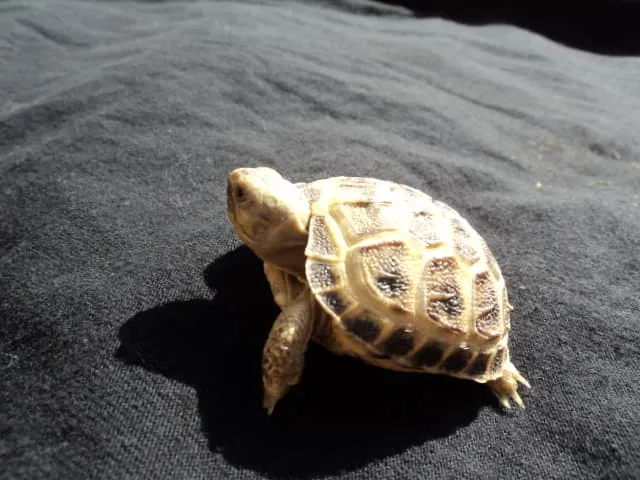
Take note that the price of the Russian tortoise is not the only element that you will need to consider.
Although the price of the tortoise may be run you a hundred dollars or more, the total cost will include the initial setup (enclosure, heating and lighting, food, and other accessories), and this will cost you between $400 and $600, respectively depending on what you choose to buy.
Moreover, you will need to take into account the annual costs (maintenance costs) such as vet fees, food, substrate, and electricity.
These annual costs will run you between $500 and $650 annually, depending on which variations of these elements you take into consideration.
Hence, if you are only looking to purchase a Russian tortoise because you have all the additional accessories and food, then the maximum cost will be approximately $300.
However, if you have to include the initial setup fees along with your newly purchased Russian tortoise, you are looking at up to $1000 in total spending fees.
What Factors Affect the Cost of a Russian Tortoise?
The factors listed above that influence the price are not the only ones to consider and depending on the sum of these features that influence anyone tortoise, the cost will vary.
Depending on how much money you are willing to spend and the elements you are looking for in your Russian tortoise, you should consider these factors because they will allow you to manage your expectations with how much money you have.
The Age Of The Russian Tortoise
The age of a Russian tortoise is probably the most determinant factor influencing the price.
Hatchlings (newborn tortoises) will cost you approximately $200 to $300.
You might be inclined to purchase a hatchling, but if you consider that Russian tortoises will live to be over 40 or 50 years old, with some reaching the age of 100, then paying a third of the price for a tortoise that may be a few years old (an adult) is not so bad.
Gender
Gender is another factor to consider because female Russian tortoises are more expensive than males.
On average, you can expect to pay almost double for a female (about $200).
The reason why females are more expensive than males is due to the fact that they are more in demand because of breeders, and the number of females available for sale is less.
In other situations, you may find that when you purchase a Russian tortoise, they will not be sexed (it is unclear whether they are male or female).
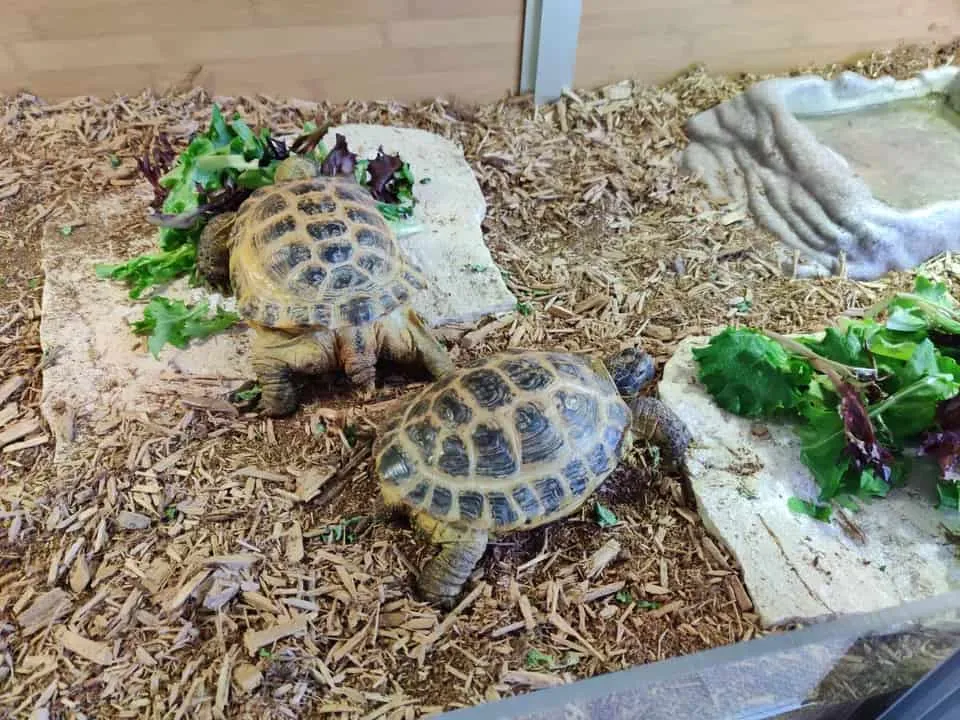
However, the option to have them sexed before purchase is available, but you will need to pay an additional fee.
In these cases, an expert in reptiles will attempt to determine the sex of the tortoise, and the approximate fee is about 20% more.
The Overall Appearance and Shell Health
The general shell health and overall appearance of a tortoise will play a role in its price.
However, if you choose to buy one online, you won’t be able to take this into consideration unless it is through the secondary market and pictures are available.
Reputable stores will typically not sell unhealthy tortoises or ones with damaged shells. Additionally, this will not be a concern if you opt to buy a hatchling.
If you have purchased a Russian tortoise and are concerned about its shell, you should know that a healthy shell should feel firm to the touch yet smooth.
Signs of a damaged shell are ones that are soft and cracked.
Captive Bred vs Wild Caught
Captive-bred Russian tortoise hatchlings and even adults would be more expensive than if you had to try and source one that is wild.
This is because the amount of time, effort, and money involved in breeding, raising, and maintaining them is costly.
Additionally, reputable breeders and stores will need to obtain federal and state permits and keep track of sales and breeding records.
All these additional overheads will be considered in determining the sale price.
Needs of a Russian Tortoise
Keeping a Russian tortoise healthy and maintaining it is not minuscule.
We touched on some of the factors that you will need to consider when purchasing one, and these elements are, in reality, extremely important in keeping your tortoise happy, healthy, and lively.
Housing For Your Russian Tortoise
The terrarium (enclosure) size that you will need for your Russian tortoise should be at least a minimum of 12 square feet. This approximates a 310-gallon container.
If you purchase a hatchling, the container may be smaller, but as they grow, you will need to upgrade it.
Be prepared to pay between $70 and $150 for a suitably sized enclosure.
Be prepared to pay between $70 and $150 for a suitably sized enclosure.
Expert Tip: It will cost you more to make upgrades down the line, so it’s better to get a suitable enclosure from the start.
- It is suitable for outdoors and indoors
- Easy to assemble
- It has a frame for lighting
Food And Diet
Russian tortoise’s natural diet mainly consists of succulent and herbaceous vegetation.
Although it will be unlikely that you will be able to mimic a tortoise’s diet that they will find in the wild, pet owners have narrowed down several substitutes that will offer the optimum nutrition in a captive setting.
Some of these include;
- Squash
- Mango
- Peach
- Grapes
- Mulberry leaves
- Dandelions
- Lettuce
- Strawberries
- Kale
- Collard greens
- Clover
- Earthworms
- Bell peppers
- Sweet potato
- Artichoke
- Tomatoes
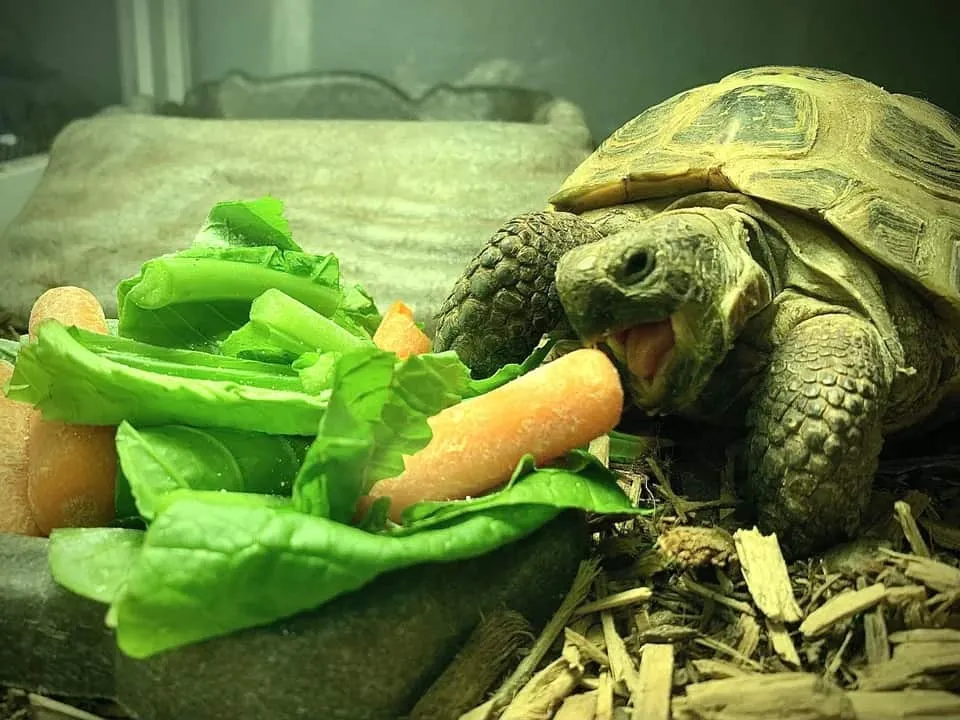
Consider that you can also purchase commercial tortoise food that you can pick up at your local pet shop online.
It will help if you remember that food will be an ongoing cost, and annual fees could be as much as $250 per year.
Substrate
The substrate is the material that will line the bottom of your tortoise enclosure, and popular indoor substrates typically consist of soil, coconut core, and peat moss.
Additionally, you do also get chip substrate made from orchid bark, coconut husk chips, and cypress mulch.
The substrate plays a critical role in keeping a tortoise healthy, giving it a comfortable surface to walk on and dig in.
It also retains moisture which the tortoise will absorb through it.
Depending on the substrate you purchase, the cost will be between $10 and $50, considering the brand, type, and amount.
Take note that changing the substrate every couple of months is considered good practice, so this will be an ongoing cost.
- Made from natural fir bark
- Suitable for burrowing
- Can be washed and reused
Lighting and Heating
If your Russian tortoise is living indoors, then it will require moderate UVB heat and lighting to bask in to maintain good health.
This heating and lighting should cover approximately half of the enclosure and stay on for 14 hours each day in summer and 10 hours a day in winter.
Take note that if the bulb is fixed to the enclosure and not surrounded by mesh, it will have to be placed approximately 6 to 8 inches above the tortoise’s shell.
These lighting fixtures will usually cost between $20 and $60, but you may need multiple ones depending on the size of your enclosure.
If the tortoise is living outdoors, then lighting and heating will not be necessary because they will be provided by the sun.
- Can be placed either vertically or horizontally
- 30% UVA
- 10% UVB
The Power Costs (Electricity)
The overall cost of electricity will depend on how many tortoises and heat lamps you have.
However, the monthly electricity bill will approximate around $15 a month, totaling $180 per year.
Hides, Dehumidifiers & Accessories
You will also need to purchase accessories, with some being an option and others a must-have.
Luckily, hides, plants, and food dishes are relatively inexpensive, costing only a couple of dollars as well as being a once-off purchase.
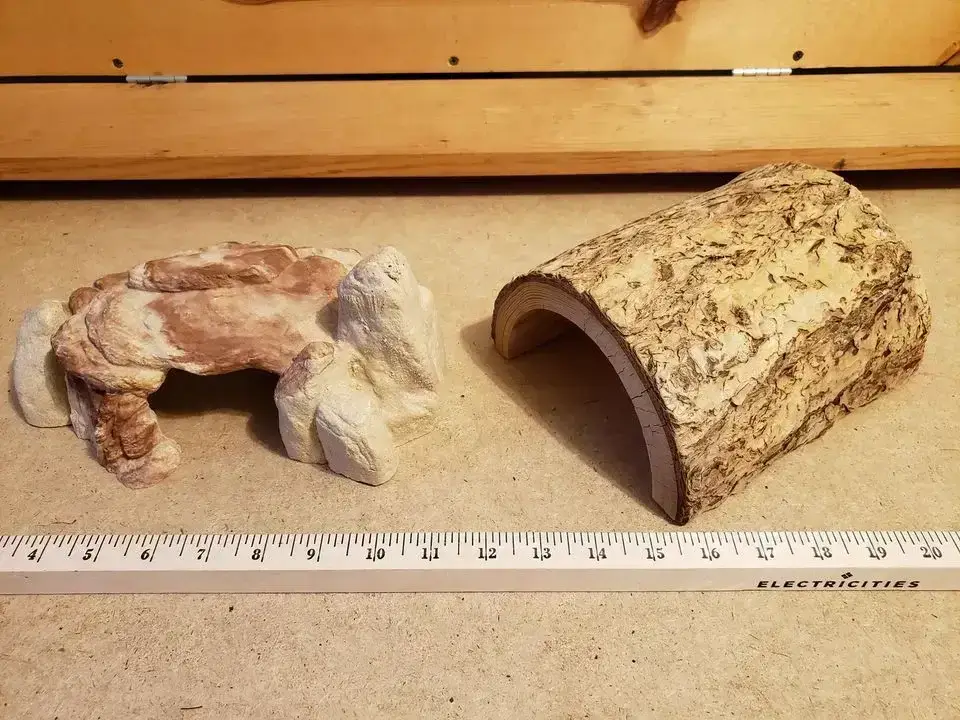
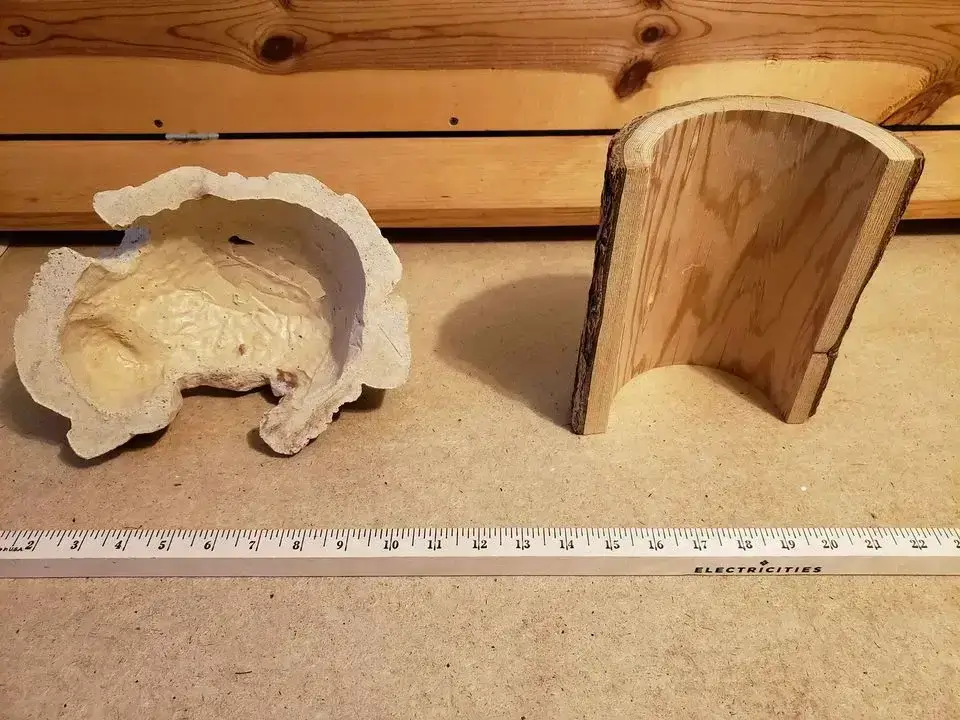
However, other accessories like a dehumidifier will range from $50 and upward.
You may think this is a luxury, and perhaps you don’t need to consider this accessory, but lower humidity may lead to dehydration and a weakened immune system.
Supplementation
Additional supplementation is always a good idea if you plan to feed your Russian tortoise commercially bought food.
Not only should you choose to give your Russian tortoise additional fiber such as orchard grass, brome, and timothy, but they will also need additional calcium supplementation.
- Free of impurities such as Oyster Shell Calcium
- Great value for the amount of calcium you're receiving
- Free of impurities such as Oyster Shell Calcium
This should be sprinkled over their food daily for tortoises under a year old and 2 to 3 times a week for adults in the form of calcium powder (many brands on the market provide this).
Take note that any form of calcium supplementation that you provide should not contain any phosphorus or vitamin D3.
Fresh Water
Consider that besides hydrating by soaking themselves in water, a Russian tortoise (and all tortoises) will keep hydrated by absorbing water through their food and by drinking fresh water.
Placing fresh water in a shallow dish as well as letting them take regular soaks is paramount to their overall health.
There is no need to purchase any branded specific water for the purpose of drinking because regular fresh tap water will suffice.
Vet Fees
Another ongoing cost that you will need to consider (because tortoises live for a long time) is vet fees.
If a proper diet and healthy living environment are provided, then a check-up once in a while will be sufficient.
A traditional vet will cost about $35 per visit, but this is not typically recommended, whereas one specializing in exotics costs around $75.
Consider that in some cases, your Russian tortoise may be ill and will need to get tested or have medication along with shots (injections). In this case, you could look at between $150 and $300.
Where to Buy a Russian Tortoise
One of the most accessible ways available to you to purchase a Russian tortoise is to go online and search for pet stores.
There are tons of reputable stores that will let you pick and choose the age, gender, and size.
Additionally, all of these reputable online stores that ship will typically offer a guarantee of the health and safety of the tortoise when it is shipped.
Some popular online stores include;
Note that some online stores will only let you purchase them from their brick-and-mortar stores in person (PetCo).
Additionally, local pet stores may stock them; however, we suggest calling first.
If they do not stock them, some may be able to place an order for you.
FAQ
How Much Does a Russian Tortoise Cost at PetCo?
If you plan to purchase a tortoise from PetCo, you will have to consider that the price will vary depending on where you live.
However, on average, the price will range from $150 to $350.

